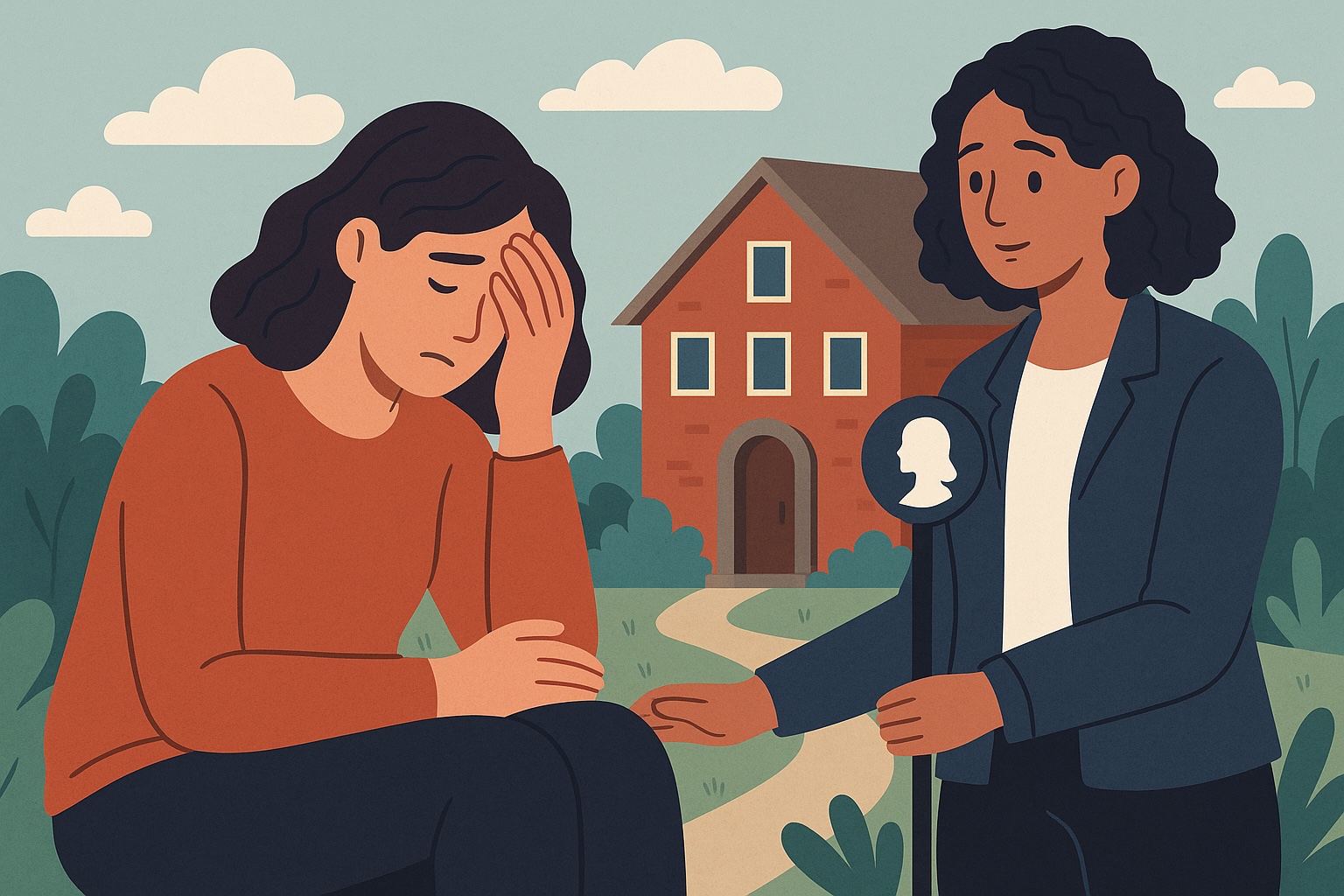Women’s Shelters in Ontario: How to Find Help and What to Expect
If you’re experiencing abuse in Ontario, women’s shelters offer safety, housing, and support. Learn how to find a shelter near you and what services are available.

If you are experiencing domestic abuse, you are not alone. Ontario has over 100 women’s shelters that offer safe, confidential, and free services to women and children escaping violence.
🆘 What Is a Women’s Shelter?
Women’s shelters (also called transition homes) are safe places for:
Women experiencing abuse from a spouse, partner, or family member
Mothers fleeing with their children
Survivors of emotional, physical, or sexual violence
Women from marginalized communities, including Indigenous, LGBTQ+, and newcomers
🔍 How to Find a Women’s Shelter in Ontario
Call the Assaulted Women’s Helpline (24/7): 📱 1-866-863-0511 or TTY 1-866-863-7868 They will help connect you with the closest available shelter.
Search online using ShelterSafe.ca:
Go to sheltersafe.ca
Click on Ontario and browse shelters by location or available services
Visit in person, if safe to do so
Some shelters allow walk-ins
Always call 911 if you are in immediate danger
🛡️ What Services Do Women’s Shelters Offer?
Most shelters in Ontario provide:
Emergency housing for women and children
Safety planning and risk assessment
Legal support, including help with restraining orders, legal aid, and court accompaniment
Emotional support and trauma counselling
Parenting support and children’s programs
Help with finding long-term housing
Assistance with income support, Ontario Works, and other benefits
Transportation, interpreting services, and help for people with disabilities
Many shelters are accessible and serve women of all identities and immigration statuses.
💼 What to Bring (If You Can)
If you have time and it’s safe:
Identification for you and your children
Prescription medications
Health cards, legal documents, and immigration papers
Important contact information
A few personal items like clothing and toiletries
Don’t worry if you can’t bring anything — shelters will support you regardless.
🔒 Will My Abuser Know Where I Am?
Shelter addresses are confidential
Staff are trained in safety and security protocols
Visitors are not allowed without screening
Abusers are not informed of your location
Some shelters offer transportation services for women fleeing urgently
👩⚖️ Can I Access a Shelter if I Have Legal or Immigration Issues?
Yes. You will not be denied shelter based on:
Immigration or refugee status
Lack of ID
Being involved in a criminal matter (unless there are specific safety risks)
Shelters can connect you with:
Immigration lawyers
Community legal clinics
Bail supervision and family law supports
📌 Summary: Women’s Shelters in Ontario
✅ Over 100 shelters across Ontario support survivors of abuse
✅ Call 1-866-863-0511 or visit sheltersafe.ca for help
✅ Shelters offer housing, legal support, trauma care, and safety planning
✅ Locations are confidential and secure
✅ Services are free, 24/7, and available in multiple languages
📞 Where to Get Help
Assaulted Women’s Helpline – 1-866-863-0511
ShelterSafe Ontario – sheltersafe.ca
Legal Aid Ontario – 1-800-668-8258
211 Ontario – Dial 2-1-1 for local support services
Talk4Healing (for Indigenous women) – 1-855-554-4325
Frequently Asked Questions (FAQs)
1. Who can go to a women's shelter?
Women's shelters in Ontario serve women, with or without children, who are experiencing abuse from an intimate partner or family member. Many shelters are inclusive of trans women and gender-diverse individuals.
2. Do I have to pay to stay at a shelter?
No. All services provided by provincially-funded women's shelters in Ontario, including accommodation, food, and counselling, are completely free.
3. I'm worried my abuser will find me. Are shelters safe?
Yes. The location of women's shelters is kept confidential to protect the safety of residents. They have security protocols in place, such as security cameras and locked doors, and staff are trained in safety and security procedures.
4. What should I bring with me to a shelter?
If you have time and it is safe, try to pack a small "go-bag" with essentials like identification, medication, legal documents, and a change of clothes. However, your safety is the most important thing. You can still get help even if you arrive with nothing. Shelters will help you get the necessities you need.
5. Can I go to a shelter if I'm not a Canadian citizen?
Yes. You can access a shelter regardless of your immigration status. Staff can connect you with resources that can help with immigration matters related to abuse.
6. How long can I stay at a women's shelter?
The length of stay in an emergency shelter is typically short-term, often for several weeks. During this time, staff will work with you to find longer-term solutions, such as applying for transitional housing or finding a permanent, safe place to live.
